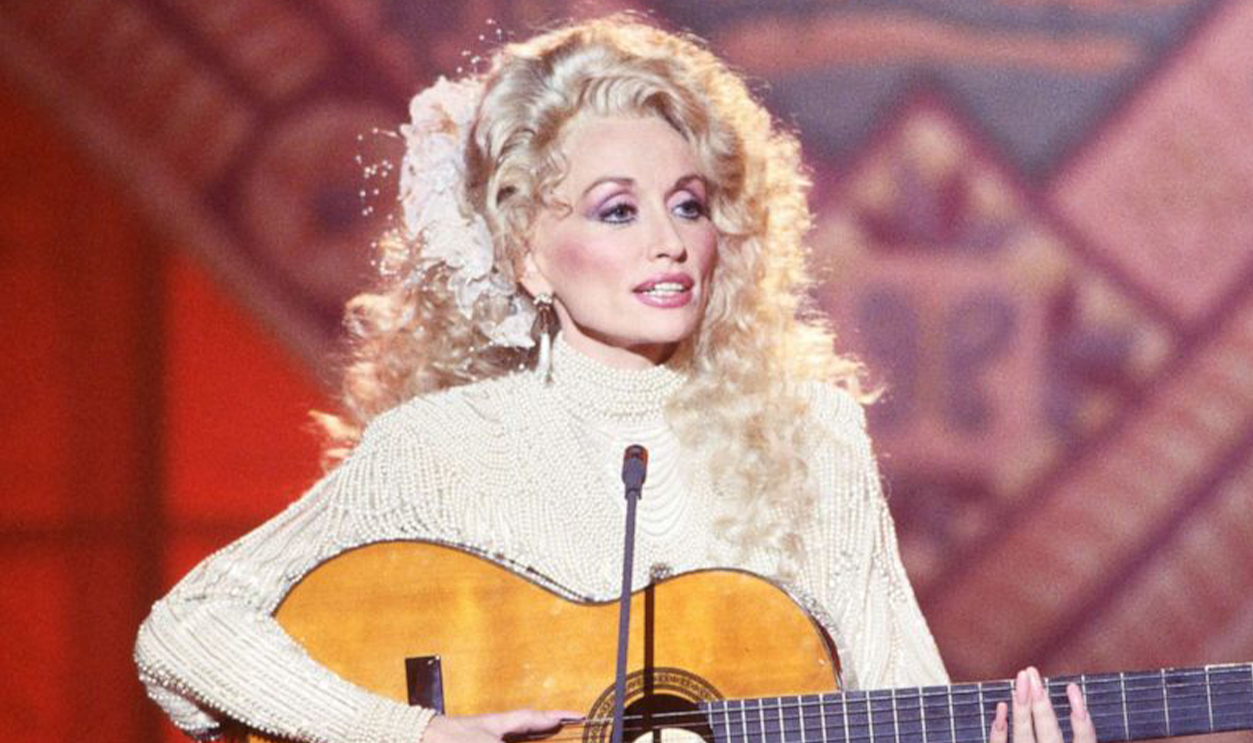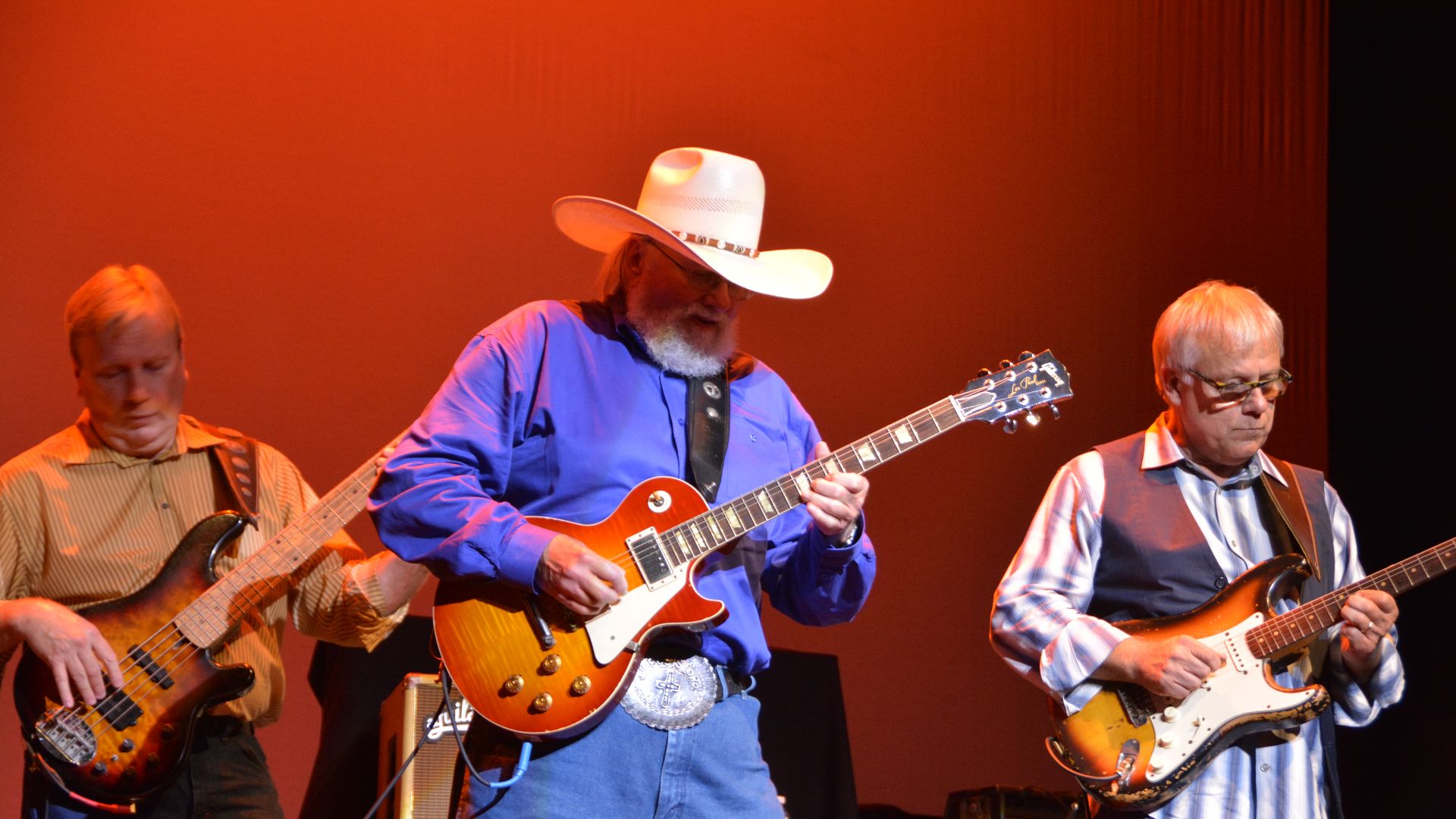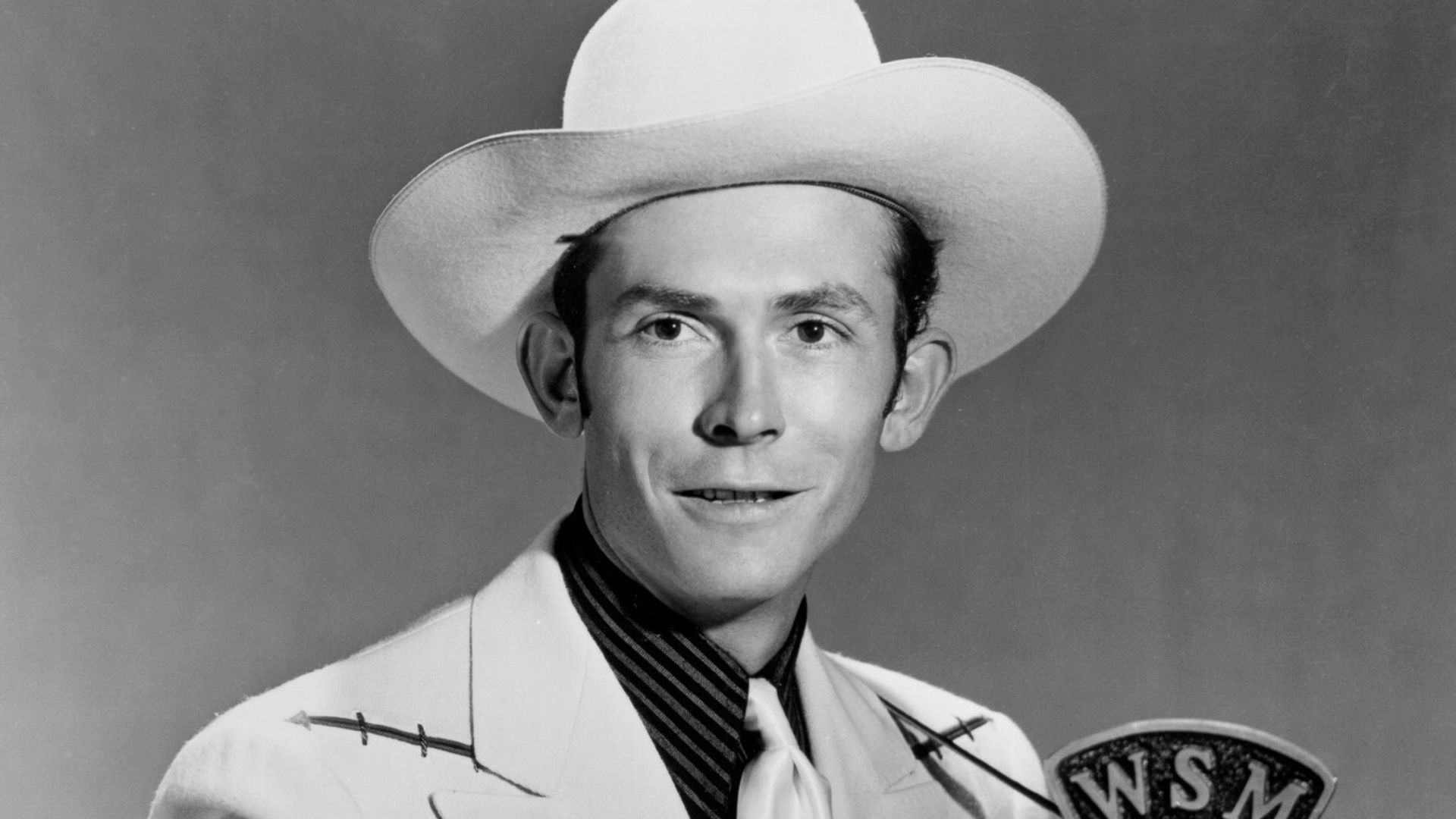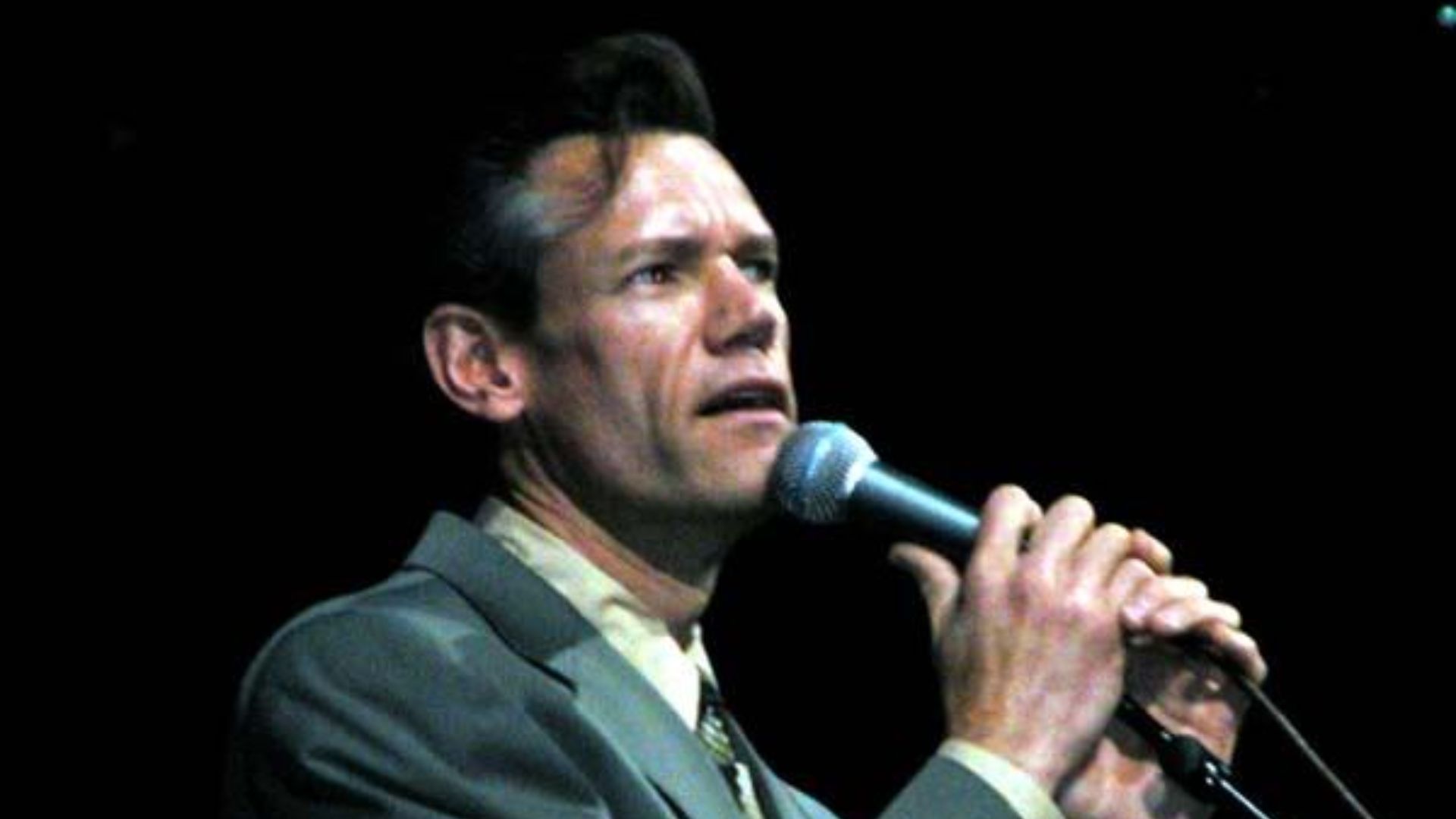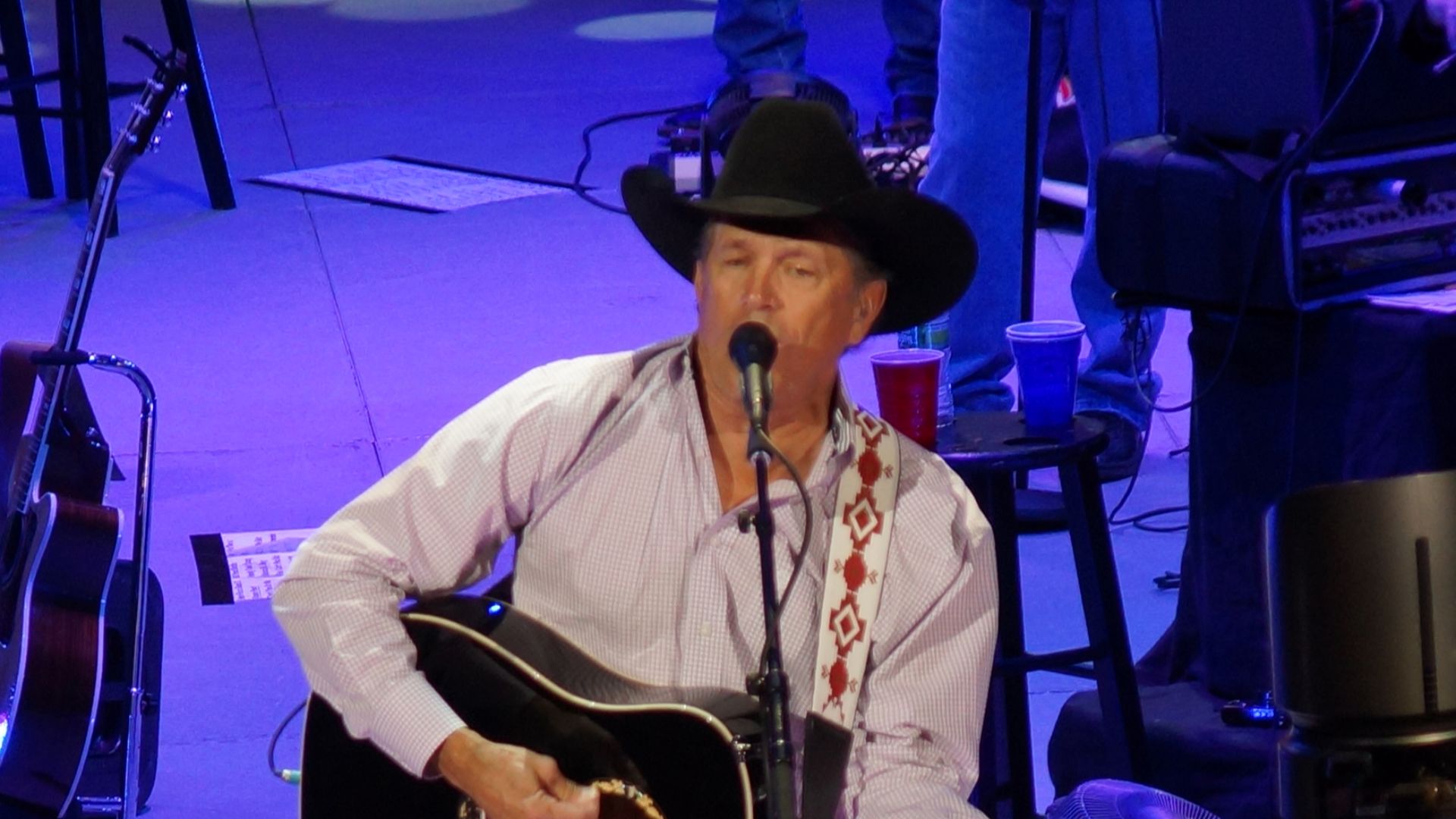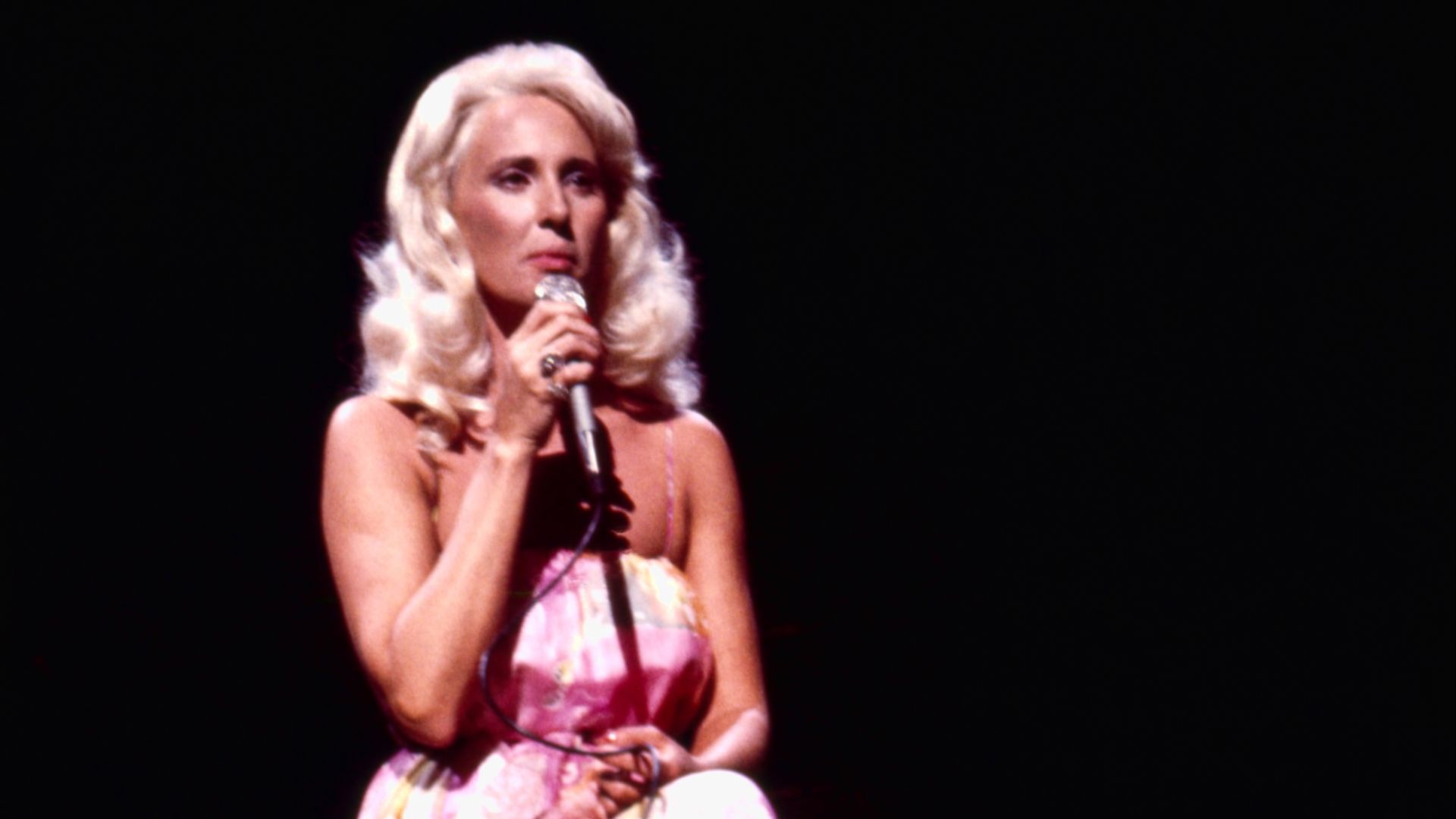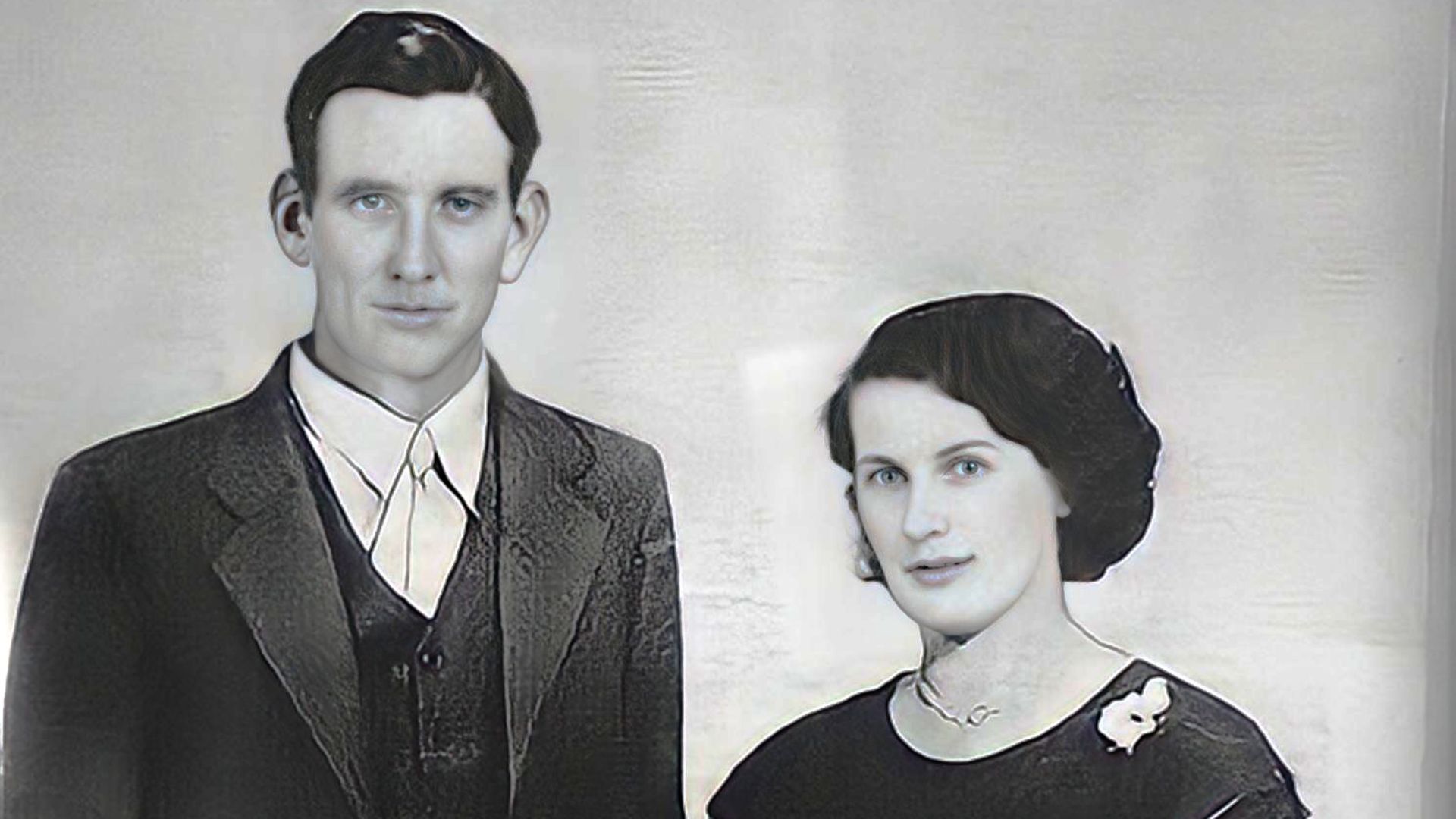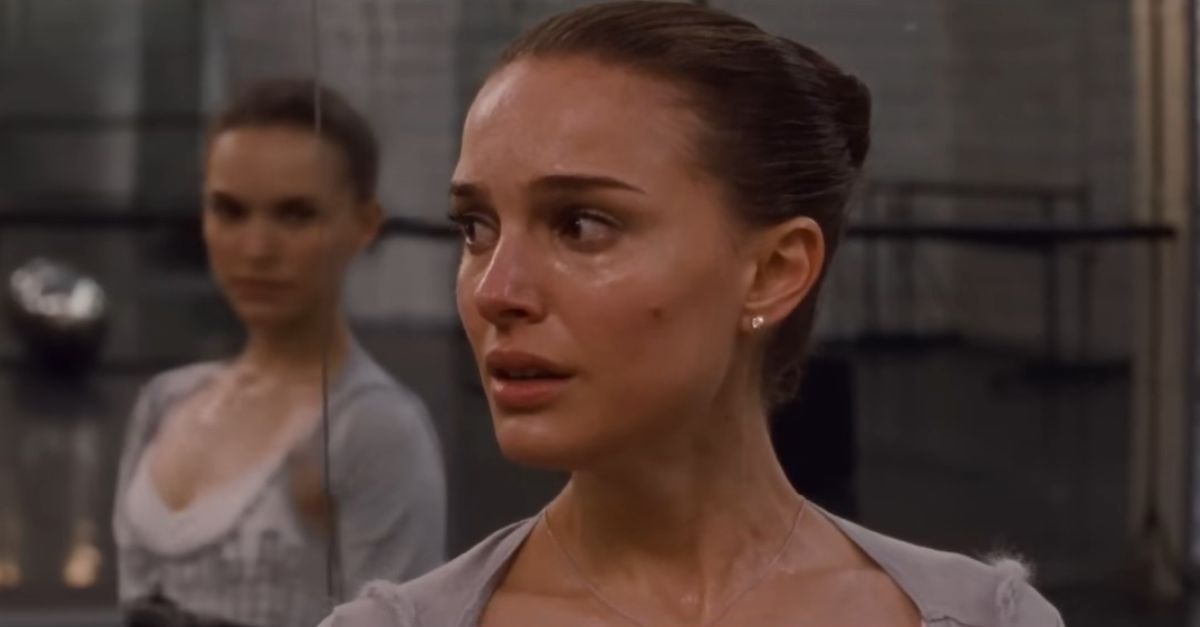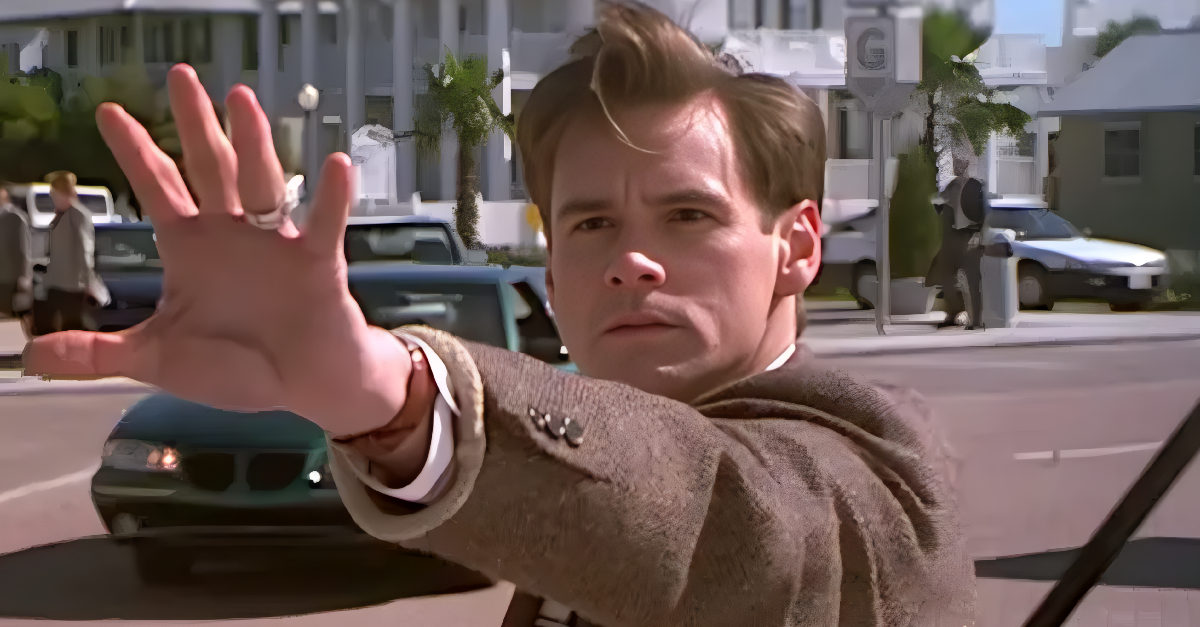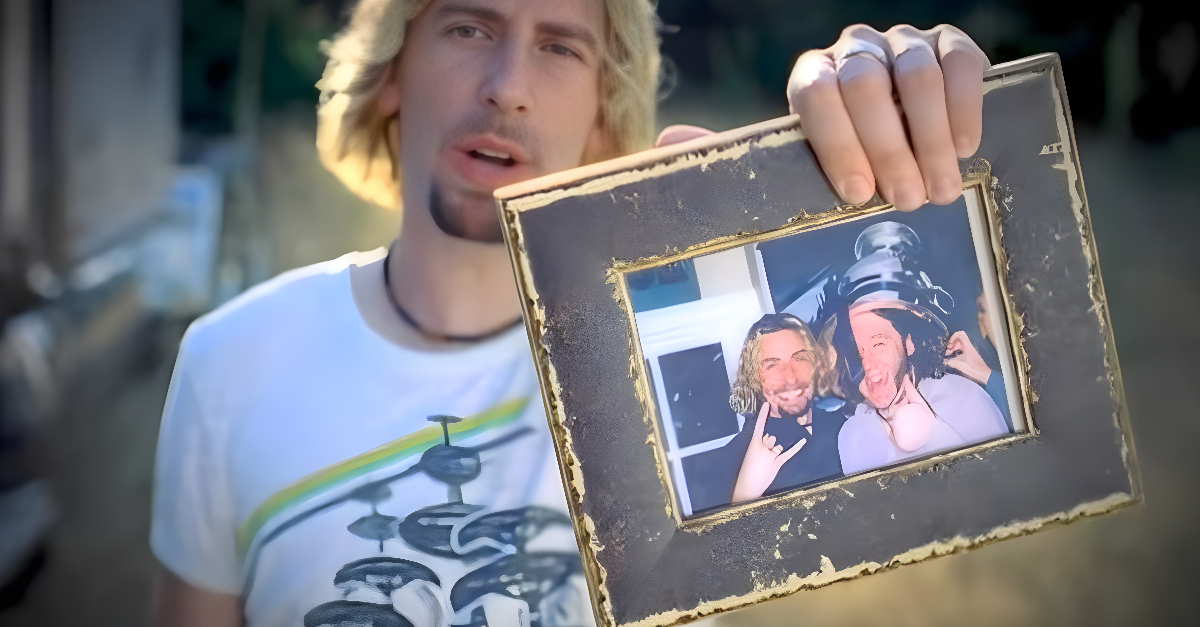When A Tin Pan And A Heartbeat Became A Legend
Country music knows how to tell a story—heartbreak, dirt roads, midnight rides, and every kind of promise in between. The songs on this list didn’t just climb the charts; they became part of life’s soundtrack. From the early twang to modern classics, here are 25 country songs that changed the game.
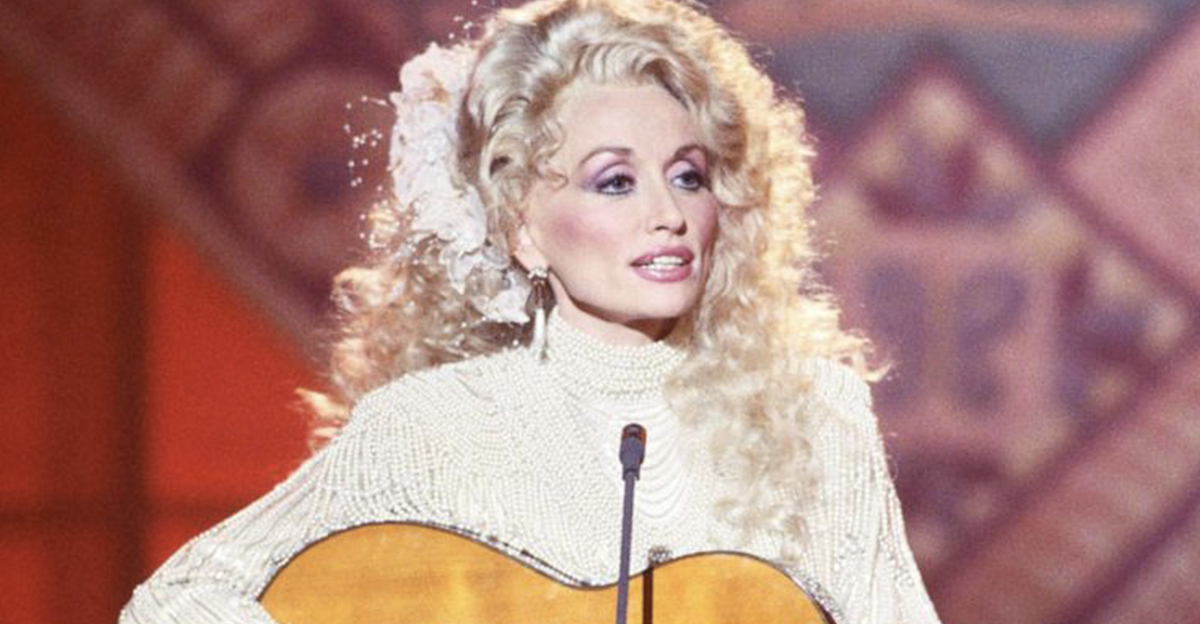
Garth Brooks – “The Dance”
When Garth Brooks released “The Dance” in 1990, it became an instant classic, topping the Billboard Hot Country chart, and winning Song of the Year at the ACM Awards. With its gentle piano and reflective lyrics about love, loss, and fate, Brooks gave country music one of its most universal anthems.
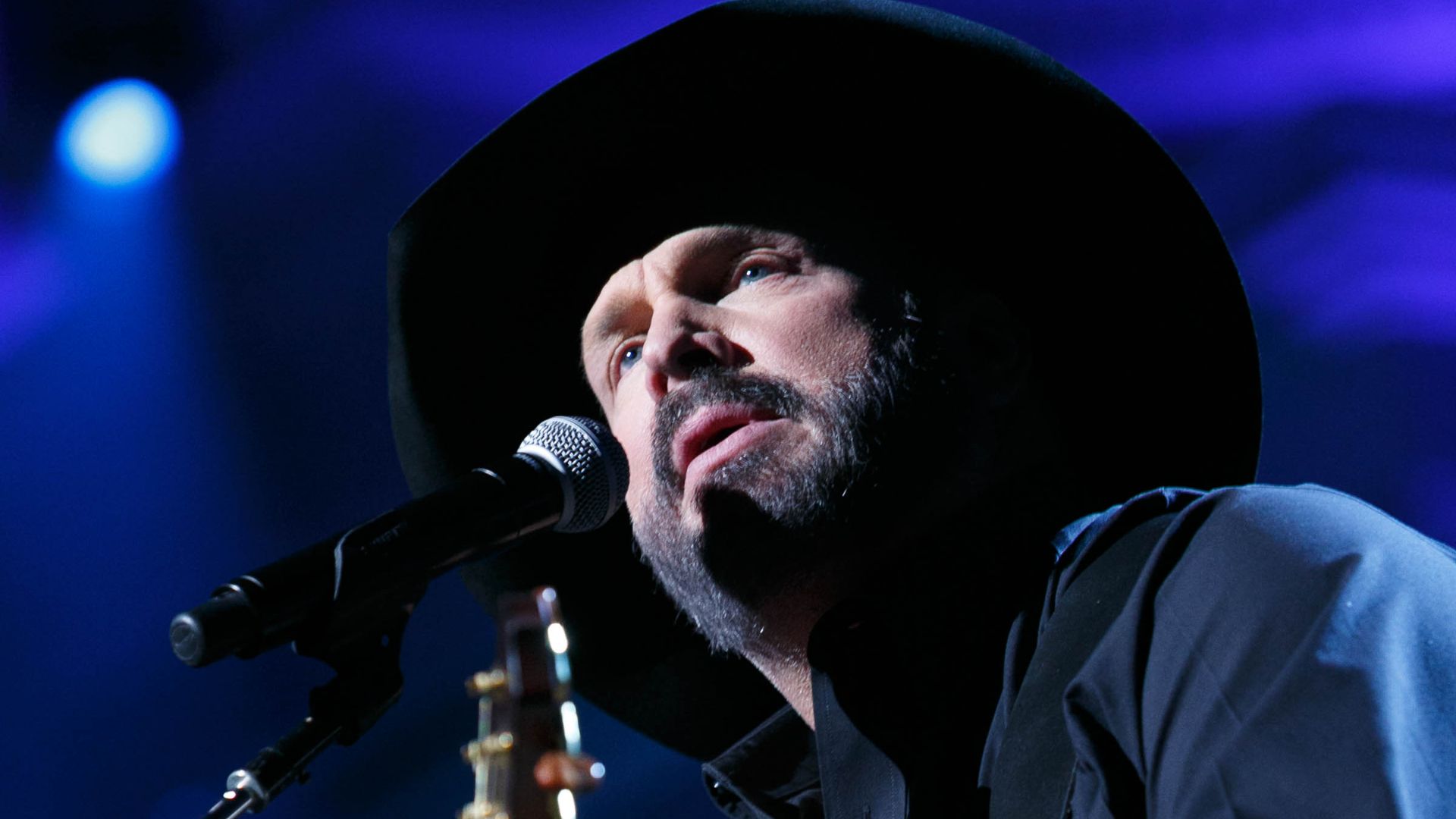 Library of Congress Life, Wikimedia Commons
Library of Congress Life, Wikimedia Commons
Ernest Tubb – “Walking The Floor Over You”
In 1941, Ernest Tubb practically invented honky-tonk with this tune. It was one of the first songs to use electric guitar in country music and became an instant hit. Its tale of heartache and sleepless nights resonated deeply with working-class fans during World War II. The song’s success helped define the Nashville sound and opened the door for generations of country storytellers who wore their pain proudly.
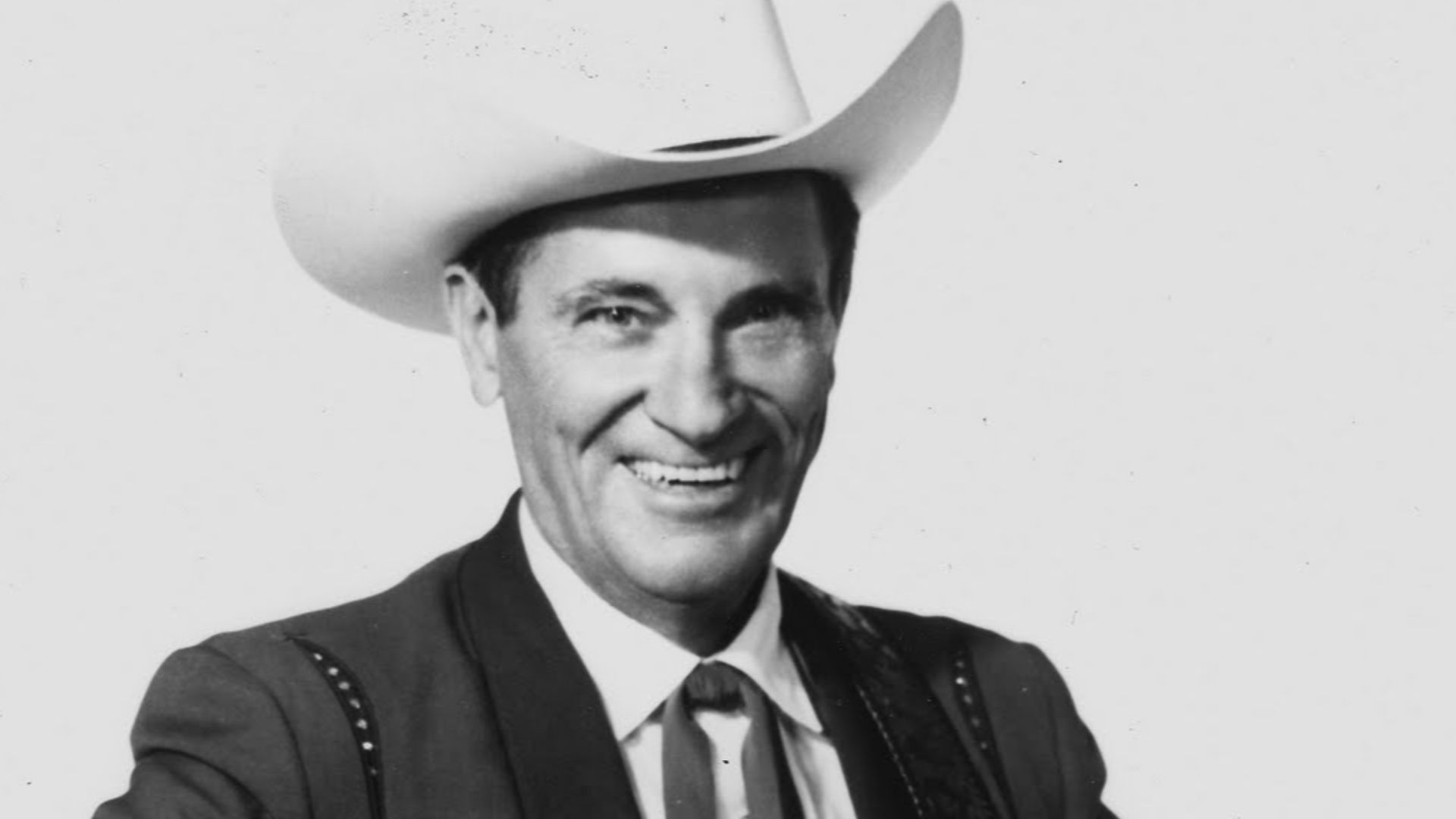 Atlas Artist Bureau, Wikimedia Commons
Atlas Artist Bureau, Wikimedia Commons
Reba McEntire – “Fancy”
“Fancy” is part country song, part cinematic redemption story. Released in 1990, Reba’s fierce, unapologetic delivery turned this tale of a young woman escaping poverty into a feminist power anthem. The song hit No. 8 on the Billboard Country chart and became one of her signature performances. Decades later, “Fancy” still commands standing ovations—proof that grit and glamour make a killer combination.
 Keith Hinkle at https://www.flickr.com/photos/burningkarma/, Wikimedia Commons
Keith Hinkle at https://www.flickr.com/photos/burningkarma/, Wikimedia Commons
Merle Haggard – “If We Make It Through December”
Released in 1973, this wintry heartbreak ballad topped the Billboard Country chart and became one of Merle Haggard’s most poignant songs. Written during an economic recession, it captured the uncertainty of the working class with a quiet, aching honesty. Its haunting melody and stripped-down lyrics reflect Haggard’s gift for empathy, reminding us that even in hardship, there’s always hope for spring.
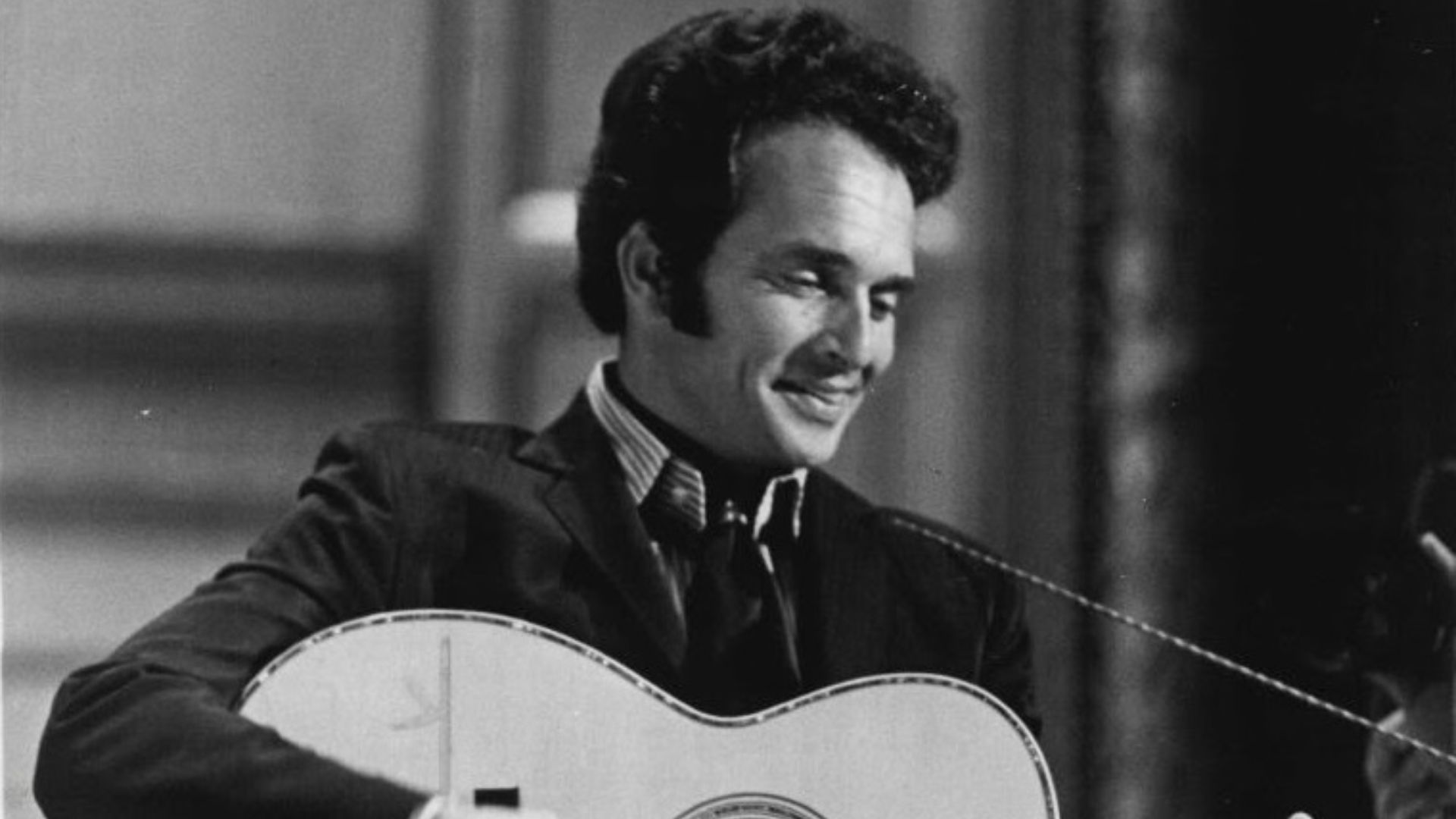 Country Music Association, Wikimedia Commons
Country Music Association, Wikimedia Commons
Charlie Daniels – “The Devil Went Down To Georgia”
No song made fiddles sound more dangerous than this one. When it hit No. 1 on the Country chart and No. 3 on the Hot 100 in 1979, Charlie Daniels turned a Southern folktale into a high-stakes musical duel. Its blistering solos and storytelling flair brought bluegrass to the mainstream. “The Devil Went Down to Georgia” didn’t just entertain—it redefined what “country rock” could be.
Johnny Cash – “Ring Of Fire”
Released in 1963, “Ring of Fire” burned up the charts, hitting No. 1 on Billboard’s Country list and staying there for seven weeks. Written by June Carter and Merle Kilgore, it mixed mariachi-style horns with Cash’s signature boom-chicka-boom rhythm. The song’s imagery of love as both salvation and destruction helped turn Cash from an outlaw to a legend—and gave country its most recognizable opening line.
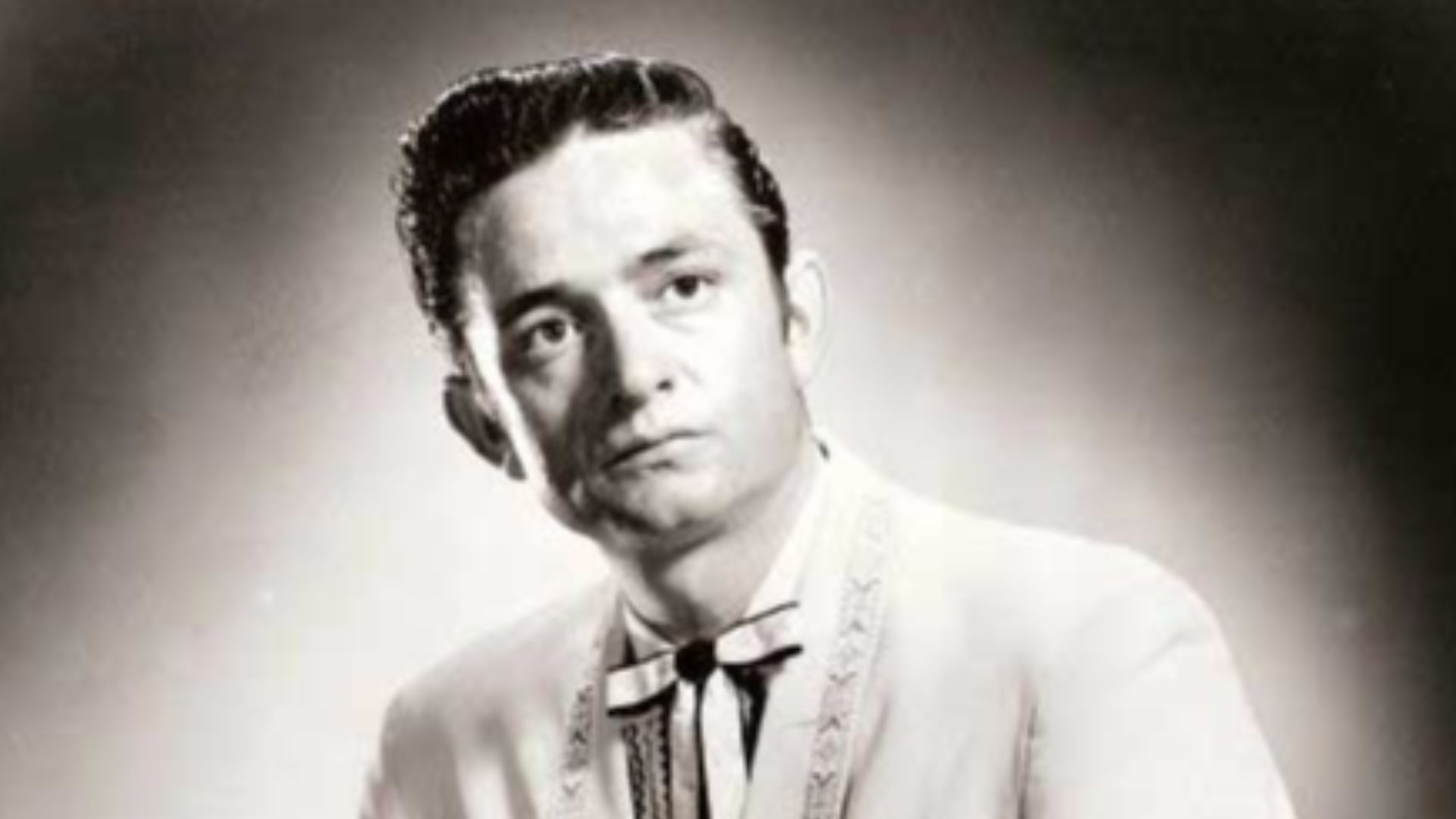 Sun Records, Wikimedia Commons
Sun Records, Wikimedia Commons
Hank Williams – “Your Cheatin’ Heart”
Few songs define heartbreak like “Your Cheatin’ Heart”. Recorded shortly before Hank Williams’ death in 1953, it went straight to No. 1 on the Country chart and became a cornerstone of country songwriting. Williams’ trembling voice and simple, devastating lyrics capture betrayal in its purest form.
Randy Travis – “Forever And Ever, Amen”
In 1987, Randy Travis revived traditional country with this heartfelt ballad, which spent three weeks at No. 1 on the Billboard Country chart and won a Grammy for Best Country Song. With its warm tone and timeless vow of love, “Forever and Ever, Amen” became a wedding staple and cemented Travis’s place as one of country’s great romantics.
George Strait – “Amarillo By Morning”
Though it never hit No. 1, this 1983 track became George Strait’s signature song and one of the genre’s enduring anthems. The rodeo imagery and haunting fiddle melody speak to resilience and sacrifice. Strait’s understated performance made “Amarillo by Morning” timeless—a quiet ode to the cowboy life and its bittersweet freedom.
Lefty Frizzell – “Long Black Veil”
“Long Black Veil” is country storytelling at its best—mystery, betrayal, and undying love rolled into one. Released in 1959, it hit the Top 10 on the Country chart and became a standard covered by Johnny Cash, The Band, and countless others. Its gothic narrative and emotional restraint gave the genre a literary edge that still resonates today.
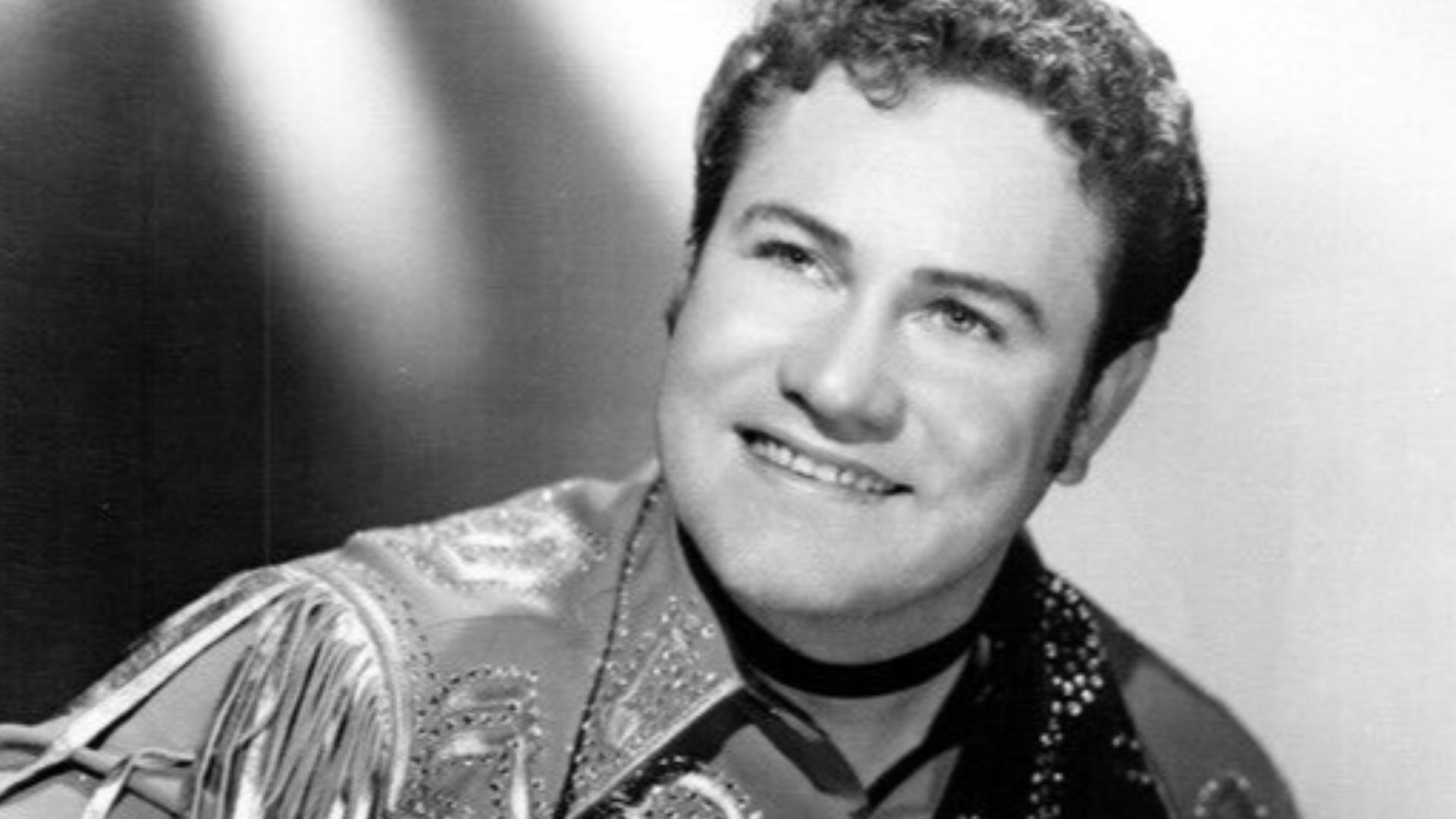 Columbia Records, Wikimedia Commons
Columbia Records, Wikimedia Commons
Kenny Rogers – “The Gambler”
In 1978, Kenny Rogers dealt the winning hand of his career with “The Gambler”. The song topped the Country chart and reached the pop Top 20, becoming both a hit and a philosophy. With its memorable chorus and sage advice, it became an anthem for gamblers and dreamers alike.
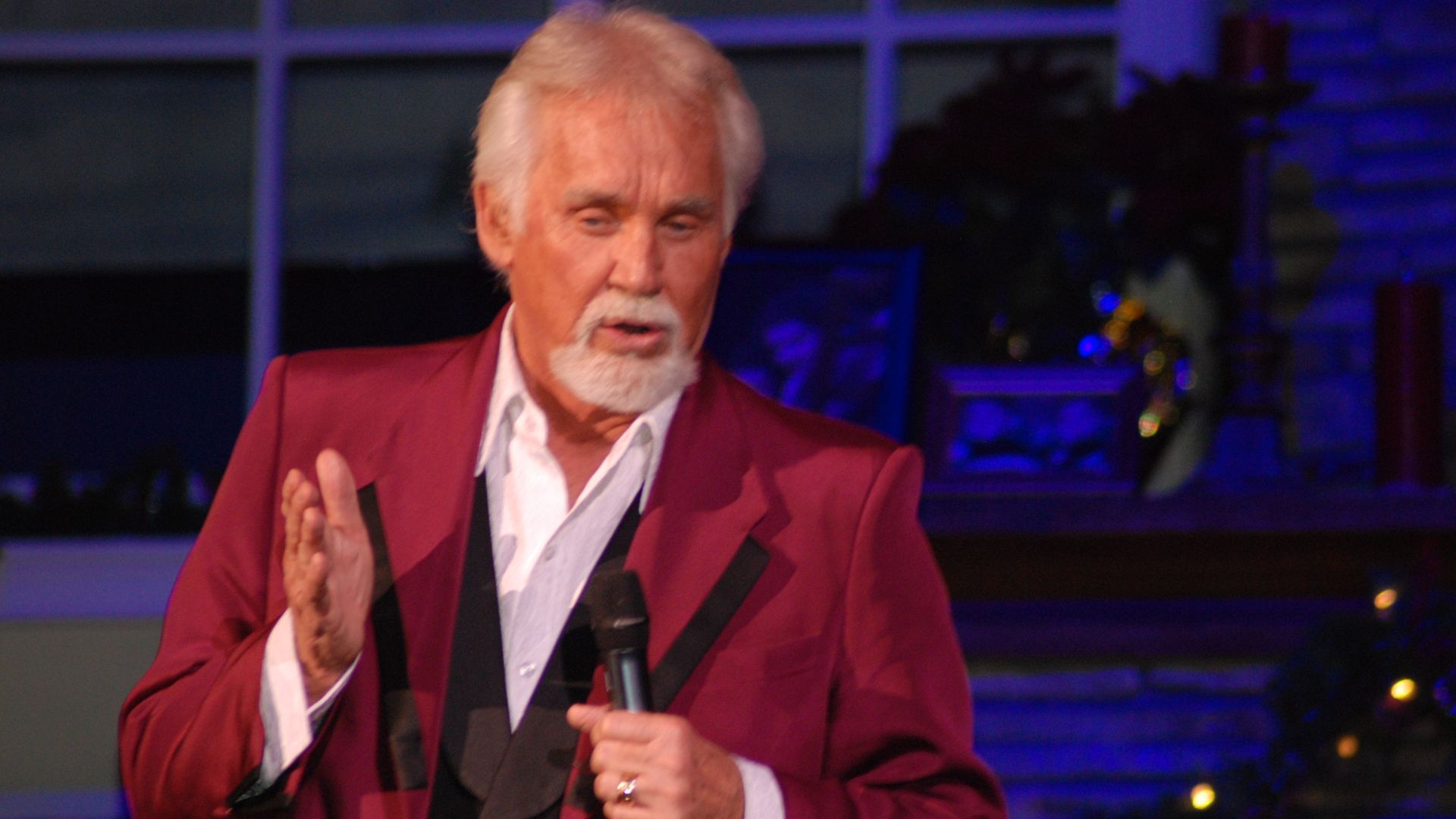 Sheila Herman, Wikimedia Commons
Sheila Herman, Wikimedia Commons
Glen Campbell – “Wichita Lineman”
Released in 1968, “Wichita Lineman” was both poetic and deeply personal. Written by Jimmy Webb, it reached No. 3 on the Billboard Hot 100 and No. 1 on the Country chart. Its lush orchestration and lonely protagonist made it more than a song—it was a short story set to music. Campbell’s aching vocals turned a blue-collar love song into one of the most beautiful recordings ever made.
 CBS Television, Wikimedia Commons
CBS Television, Wikimedia Commons
Charley Pride – “Kiss An Angel Good Mornin”
Charley Pride’s joyful 1971 hit spent five weeks at No. 1 on the Billboard Country chart and crossed over into the pop Top 40. The song’s warm message and cheerful melody made it an instant classic. As one of country’s few Black superstars, Pride broke barriers and built bridges, and this song remains his most beloved contribution to American music.
 GREG MATHISON, Wikimedia Commons
GREG MATHISON, Wikimedia Commons
Marty Robbins – “El Paso”
This sweeping Western ballad from 1959 hit No. 1 on both the Country and Pop charts, an impressive crossover feat for its time. “El Paso” is a full-blown narrative about love, jealousy, and tragedy, complete with Spanish guitar flourishes. Robbins’ storytelling was cinematic long before country music videos existed—a reminder that country can be as dramatic as any film.
 NBC Television, Wikimedia Commons
NBC Television, Wikimedia Commons
Merle Haggard – “Mama Tried”
In 1968, Merle Haggard topped the charts with “Mama Tried,” a song drawn from his own troubled youth. It went on to win a Grammy Hall of Fame Award and define the outlaw country movement. Honest, raw, and regretful, it struck a chord with anyone who ever disappointed someone who believed in them. “Mama Tried” is both confession and redemption—an unfiltered piece of Haggard’s soul.
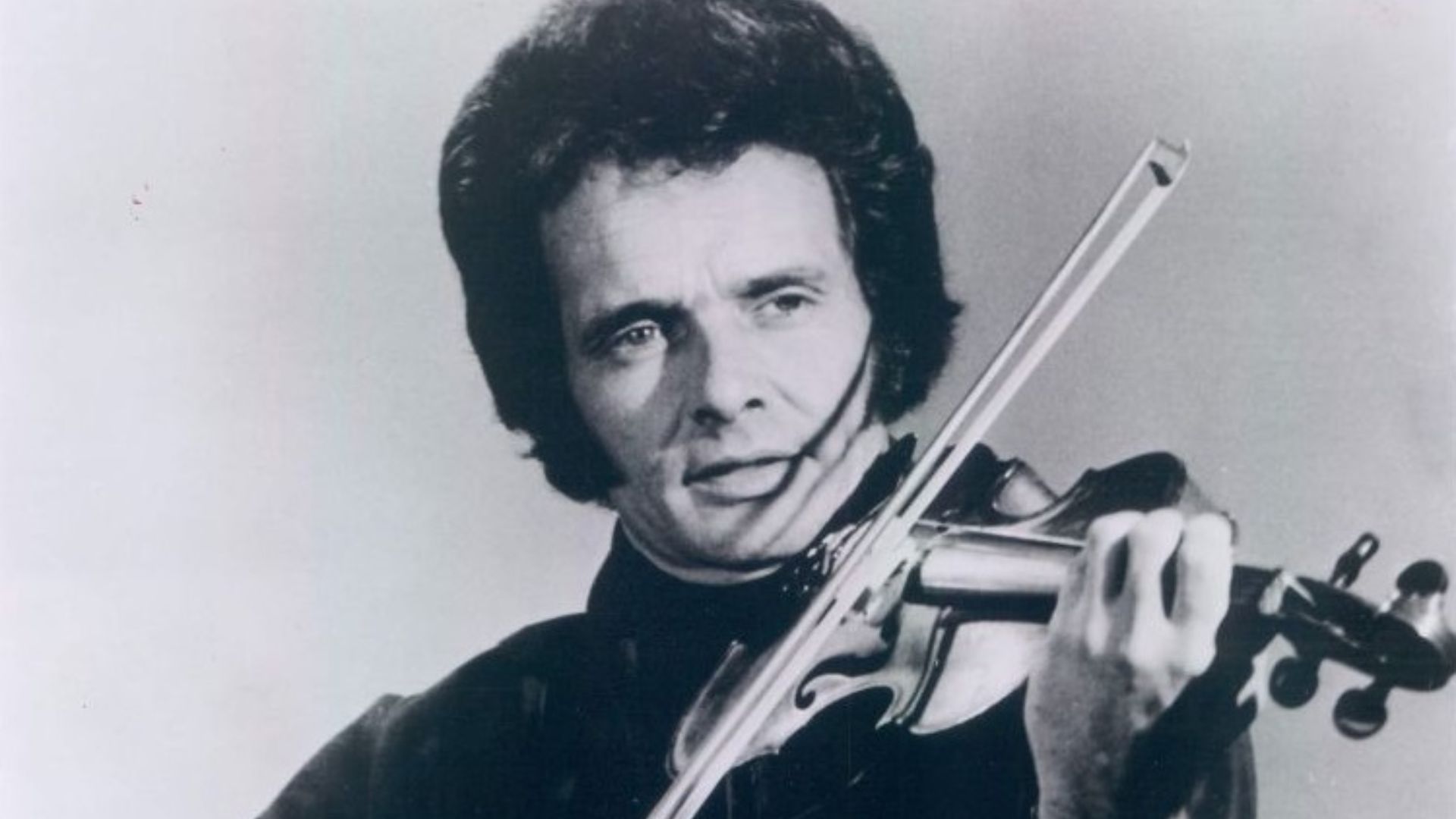 Capitol Records, Wikimedia Commons
Capitol Records, Wikimedia Commons
Tammy Wynette – “Stand By Your Man”
Released in 1968, “Stand By Your Man” spent three weeks at No. 1 on the Billboard Country chart and became one of the most iconic—and debated—songs in country history. Wynette’s powerhouse vocals and emotional sincerity made it both a love anthem and a lightning rod for cultural discussion. Decades later, it remains a symbol of strength through complexity.
Garth Brooks – “Friends In Low Places”
“Friends in Low Places” isn’t just a song—it’s a national sing-along. Released in 1990, it hit No. 1 on the Country chart and turned Garth Brooks into a superstar. Its beer-soaked bravado and humor captured the working-class spirit perfectly. Every time that chorus hits, it reminds fans that sometimes losing the girl is just an excuse to raise a glass.
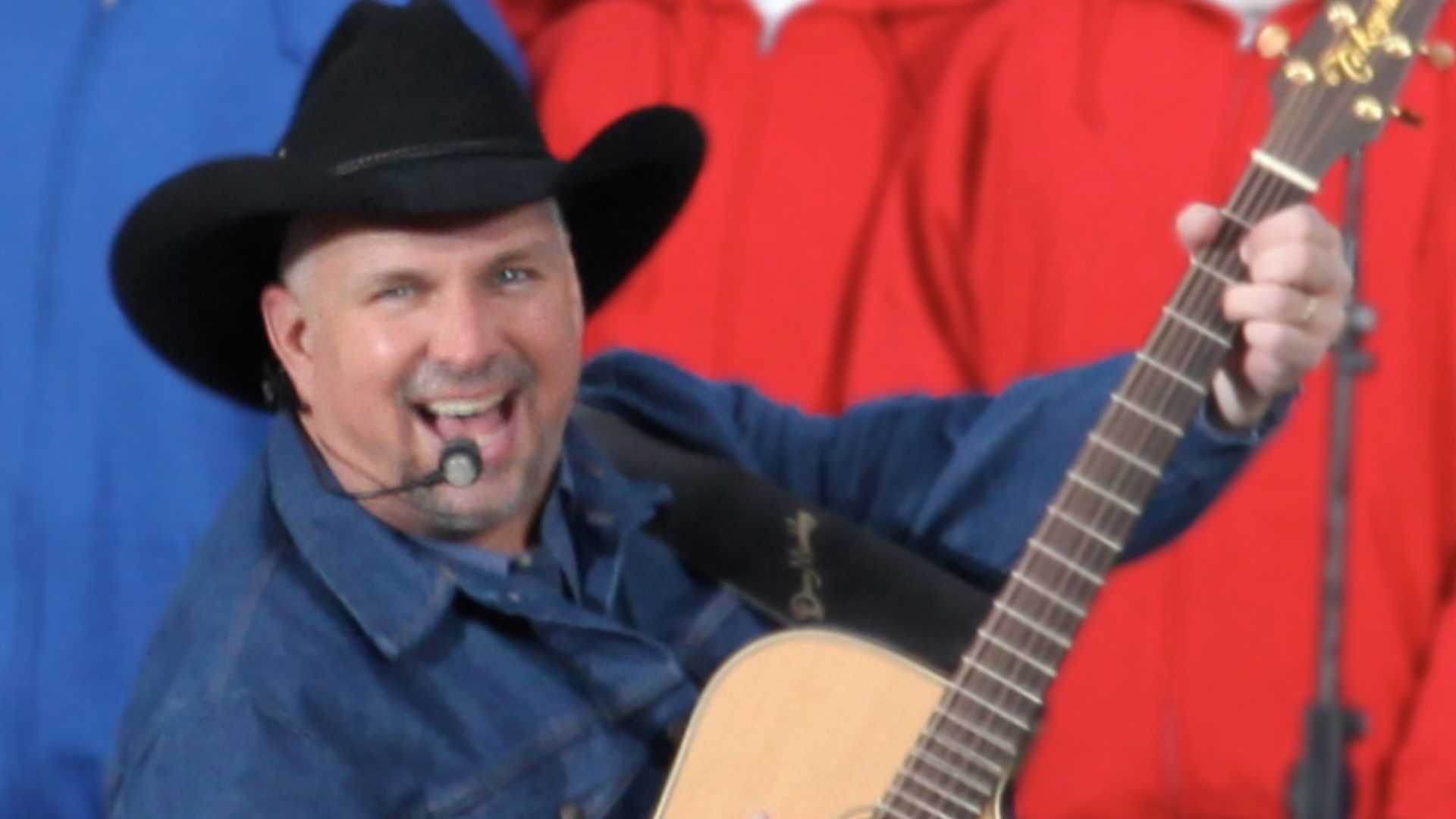 Steve Jurvetson - edited by CPacker, Wikimedia Commons
Steve Jurvetson - edited by CPacker, Wikimedia Commons
The Carter Family – “Can The Circle Be Unbroken”
Recorded in 1935, this hymn-like song became one of the foundational tracks in American folk and country music. Though predating modern charts, its influence is immeasurable. Covered by countless artists, it carried messages of faith, family, and perseverance across generations. The Carter Family didn’t just sing country—they built its bones.
Loretta Lynn – “Coal Miner’s Daughter”
Loretta Lynn’s autobiographical hit from 1971 topped the Country chart and later inspired an Oscar-winning film. Its plainspoken lyrics and heartfelt vocals tell the story of Lynn’s humble Kentucky upbringing. The song’s honesty connected deeply with working-class America, proving that real life—unvarnished and proud—makes the best country music.
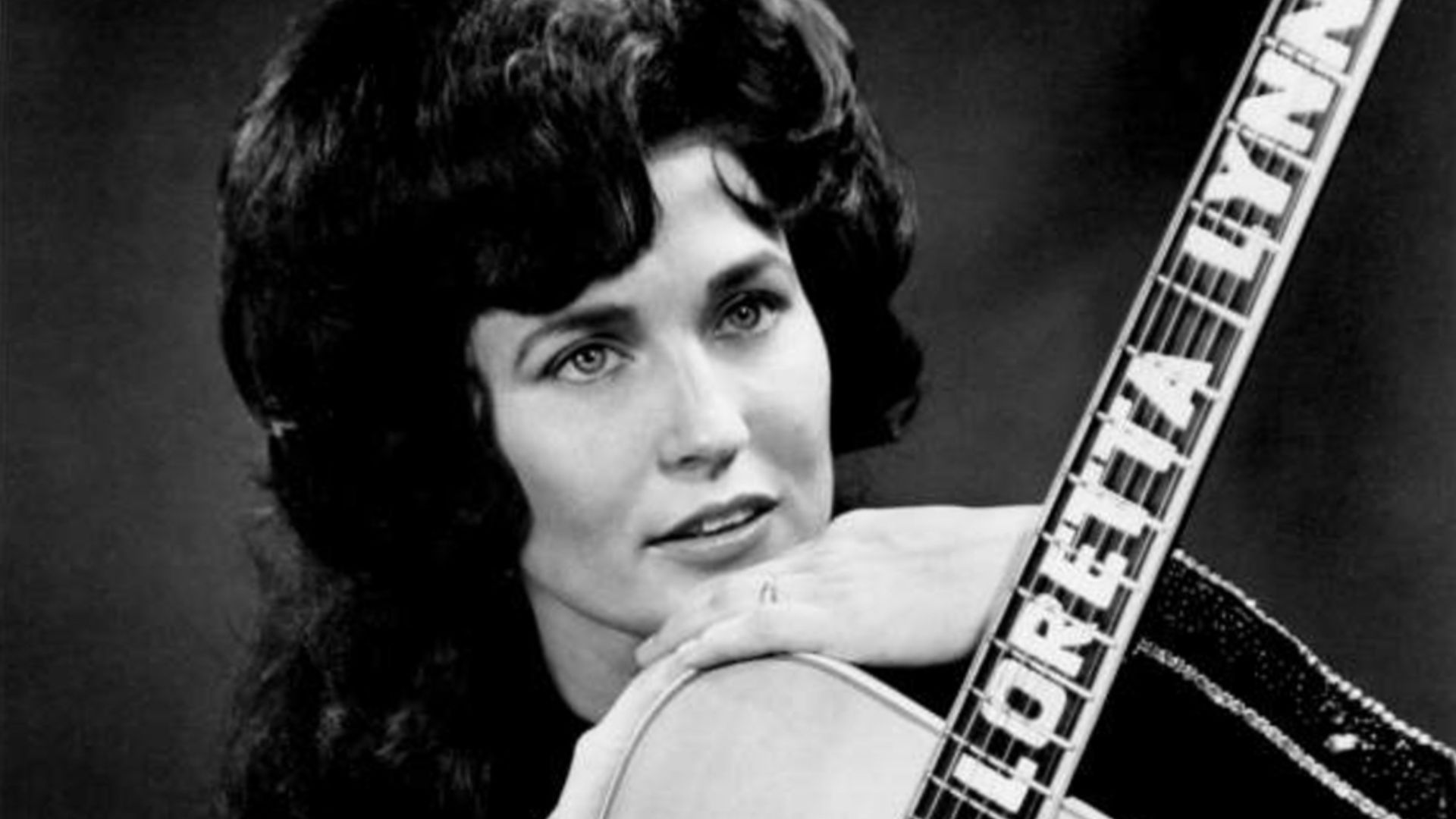 Les Leverett, Wikimedia Commons
Les Leverett, Wikimedia Commons
Hank Williams – “I’m So Lonesome I Could Cry”
Released in 1949, this sparse, haunting ballad didn’t need a chart-topping debut to become immortal. With its aching lyrics and ghostly melody, it captures loneliness with such raw emotion that Elvis Presley once called it the saddest song ever written. Williams’ delivery is as fragile as it is timeless—a true cornerstone of country’s soul.
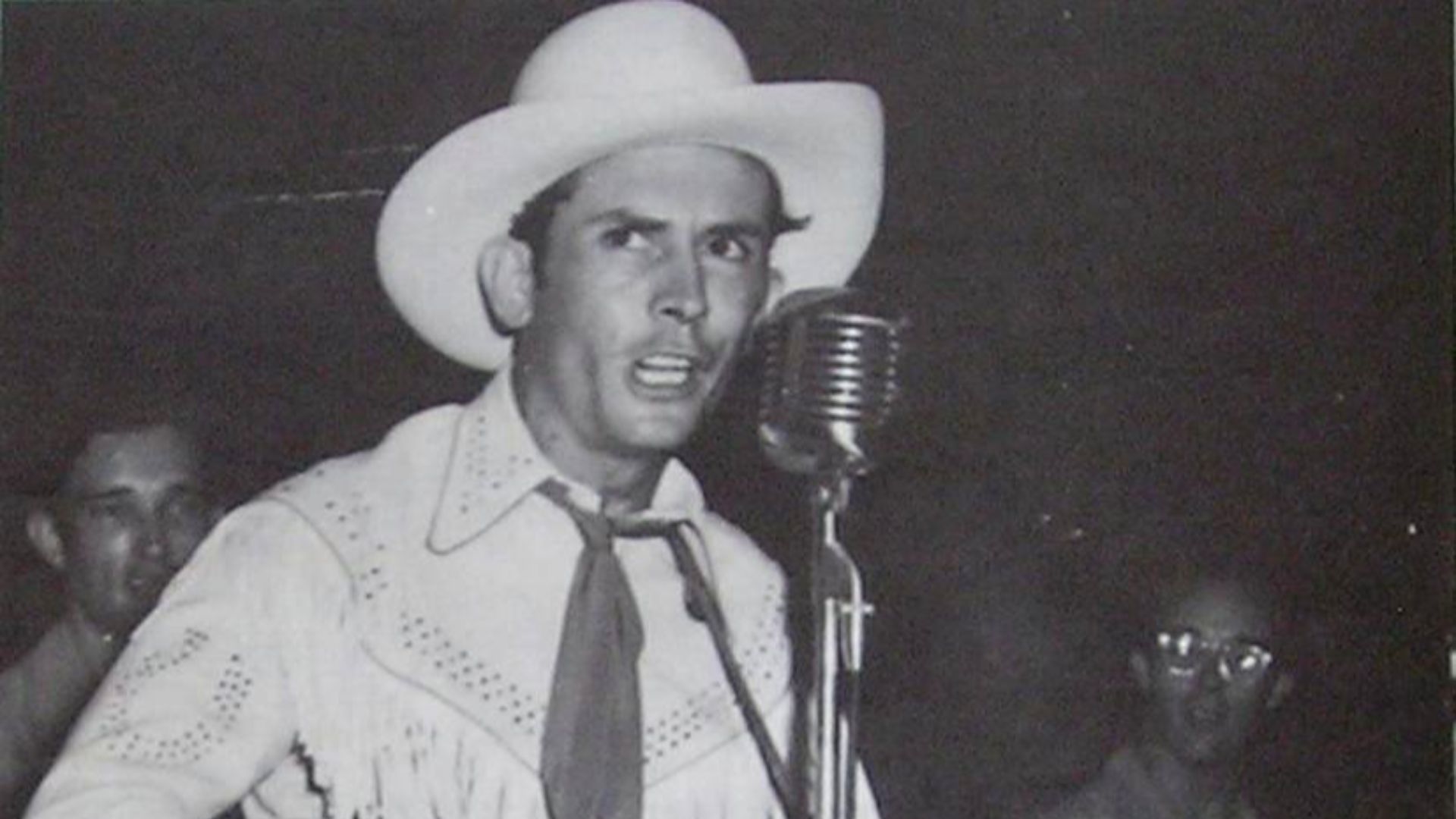 Hank_Williams_publicity.jpg: MGM Records
derivative work: GDuwenTell me!, Wikimedia Commons
Hank_Williams_publicity.jpg: MGM Records
derivative work: GDuwenTell me!, Wikimedia Commons
Johnny Cash – “I Walk the Line”
“I Walk the Line” is Johnny Cash’s promise to stay true, written for his first wife, Vivian. Released in 1956, it topped the Country chart and crossed into the Pop Top 20. Its rhythmic hum and moral conviction became Cash’s signature. The song established his reputation as both a rebel and a man of faith—two sides that defined his legend.
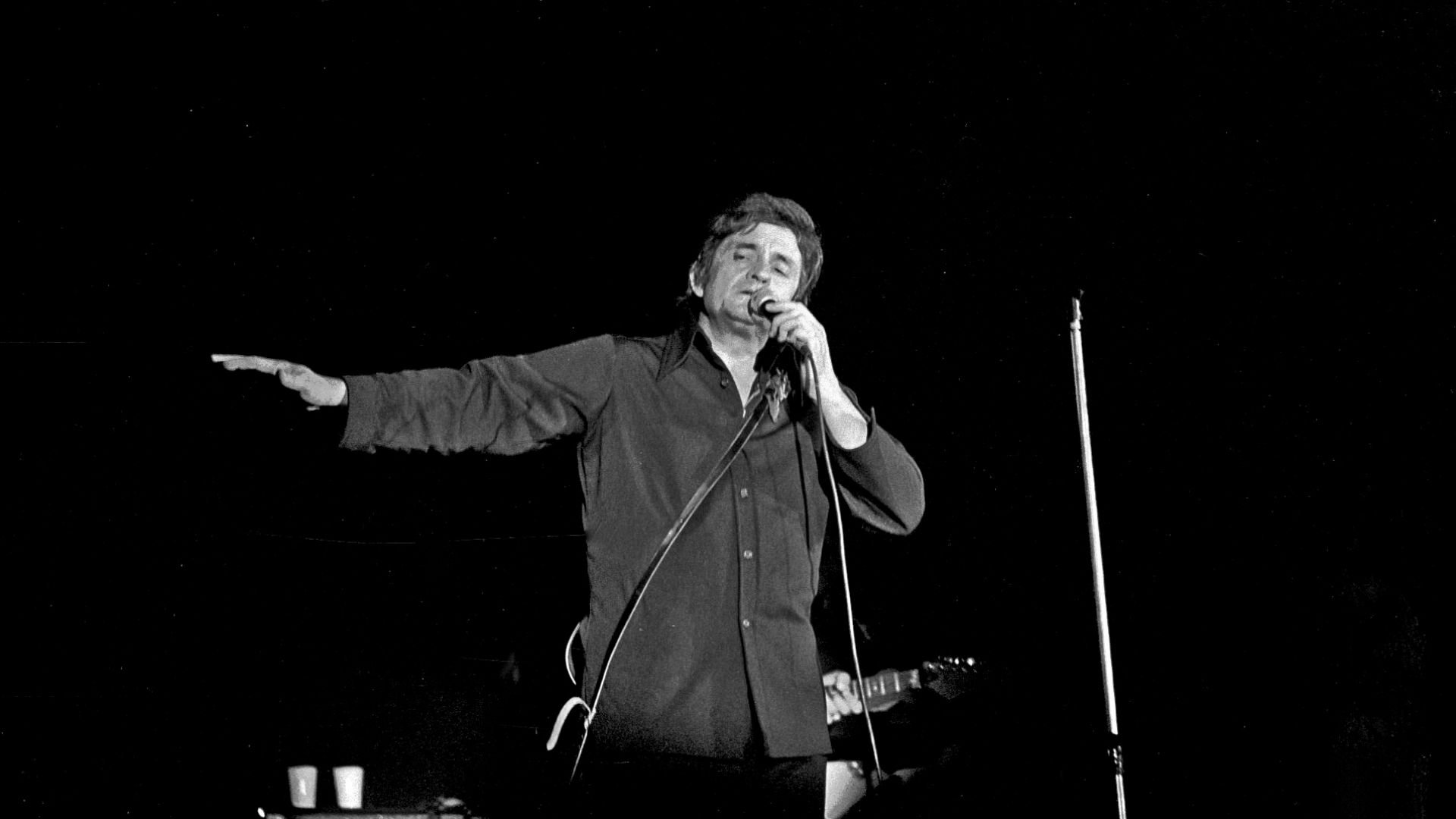 Heinrich Klaffs, Wikimedia Commons
Heinrich Klaffs, Wikimedia Commons
George Jones – “He Stopped Loving Her Today”
This 1980 masterpiece is often called the greatest country song ever recorded. It spent 18 weeks on the charts and brought Jones a Grammy for Best Male Country Vocal. The heartbreaking twist at the end—love lasting beyond death—cemented it as the genre’s emotional pinnacle. When Jones passed away, it was the song everyone played in tribute.
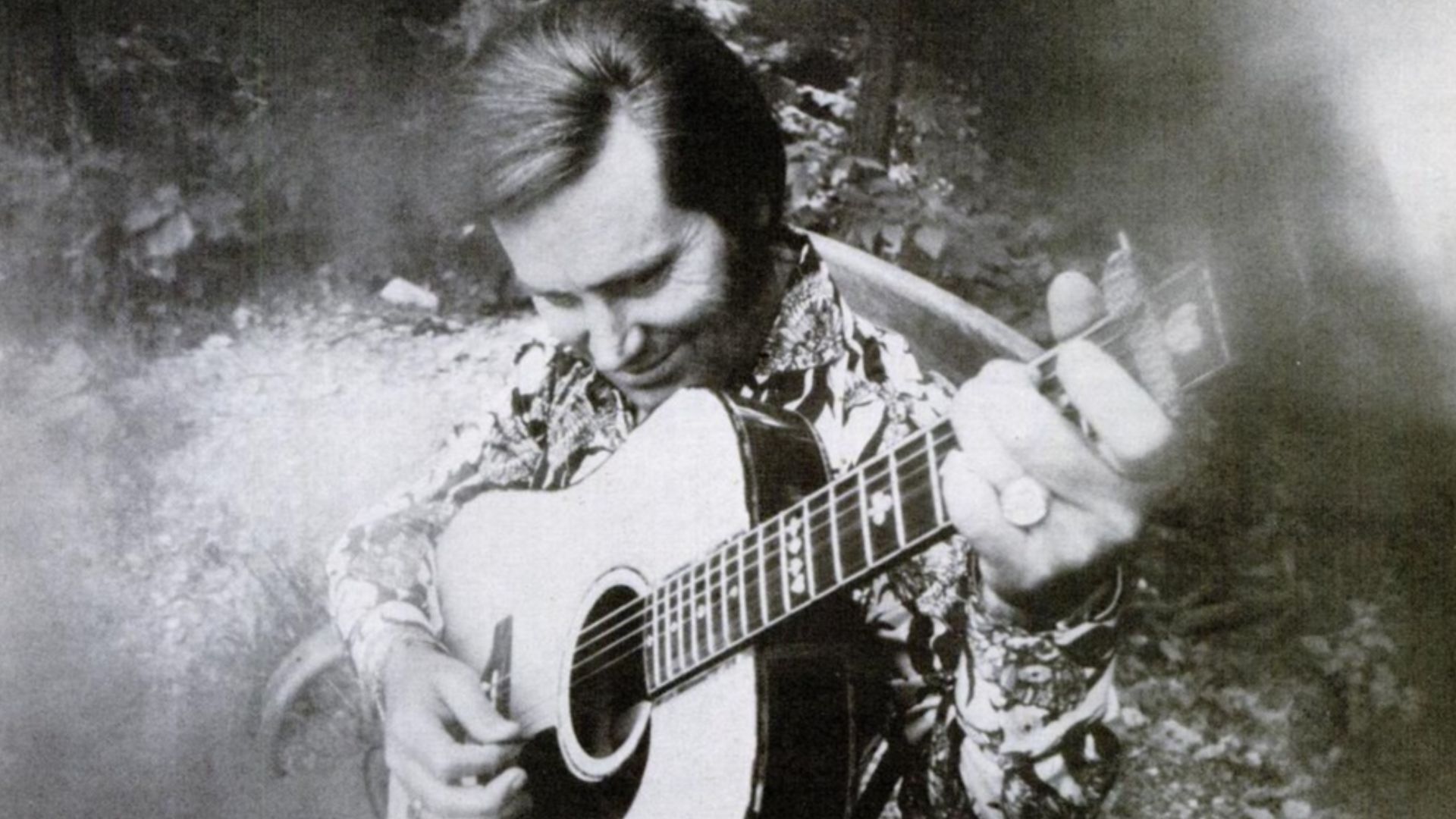 Epic Records, Wikimedia Commons
Epic Records, Wikimedia Commons
Willie Nelson – “On The Road Again”
Released in 1980 for the film Honeysuckle Rose, “On the Road Again” hit No. 1 on the Country chart and won a Grammy for Best Country Song. Its upbeat rhythm and easy charm celebrate the restless joy of life on tour. Decades later, it remains an anthem for wanderers, musicians, and anyone who finds freedom behind the wheel.
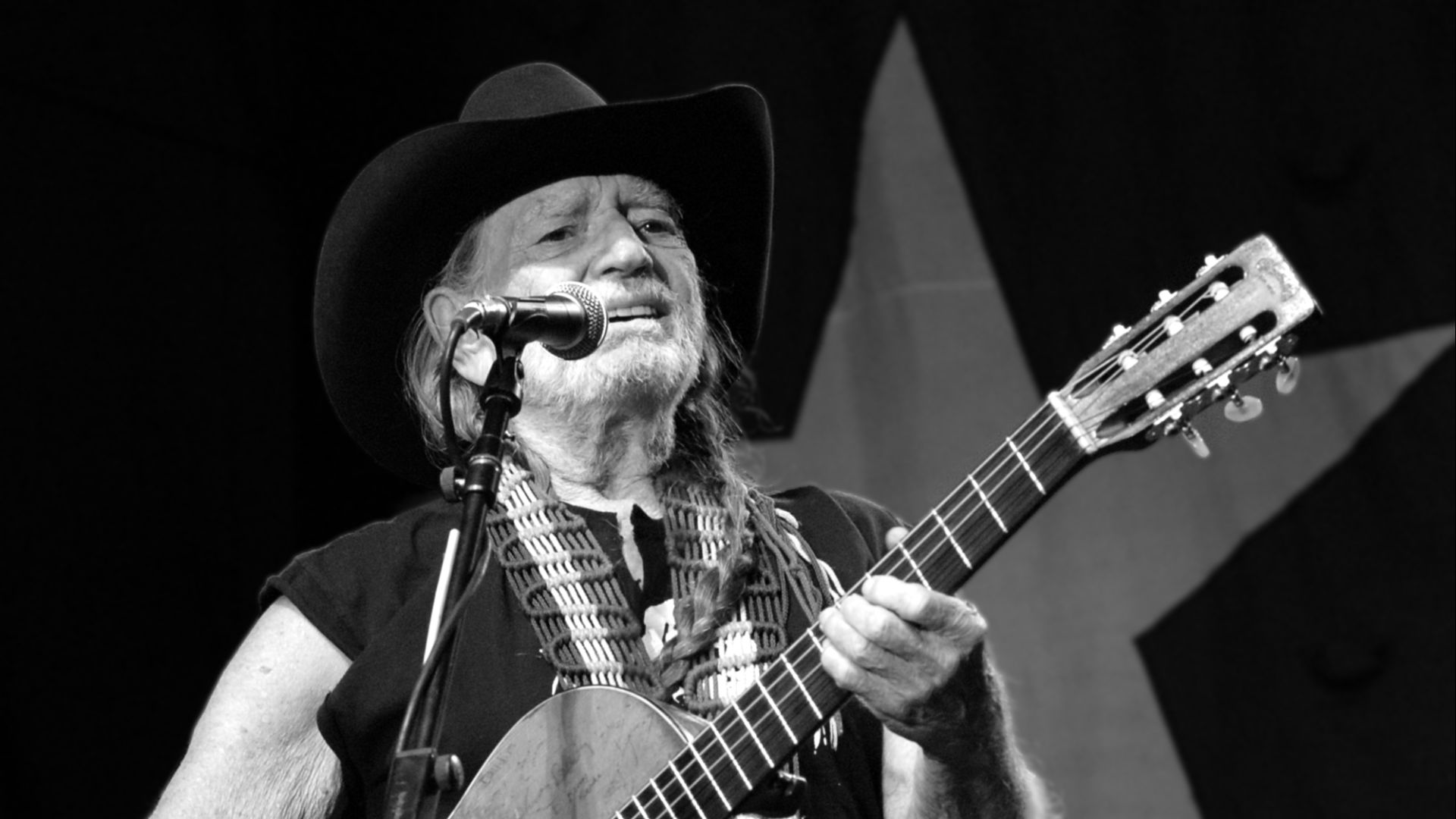 Minette Layne, Wikimedia Commons
Minette Layne, Wikimedia Commons
Patsy Cline – “Crazy”
Written by Willie Nelson and recorded by Patsy Cline in 1961, “Crazy” reached No. 2 on the Country chart and became one of the most beloved songs in music history. Cline’s velvet-smooth vocals brought sophistication to heartbreak, bridging the gap between country and pop. Her version remains the definitive heartbreak ballad.
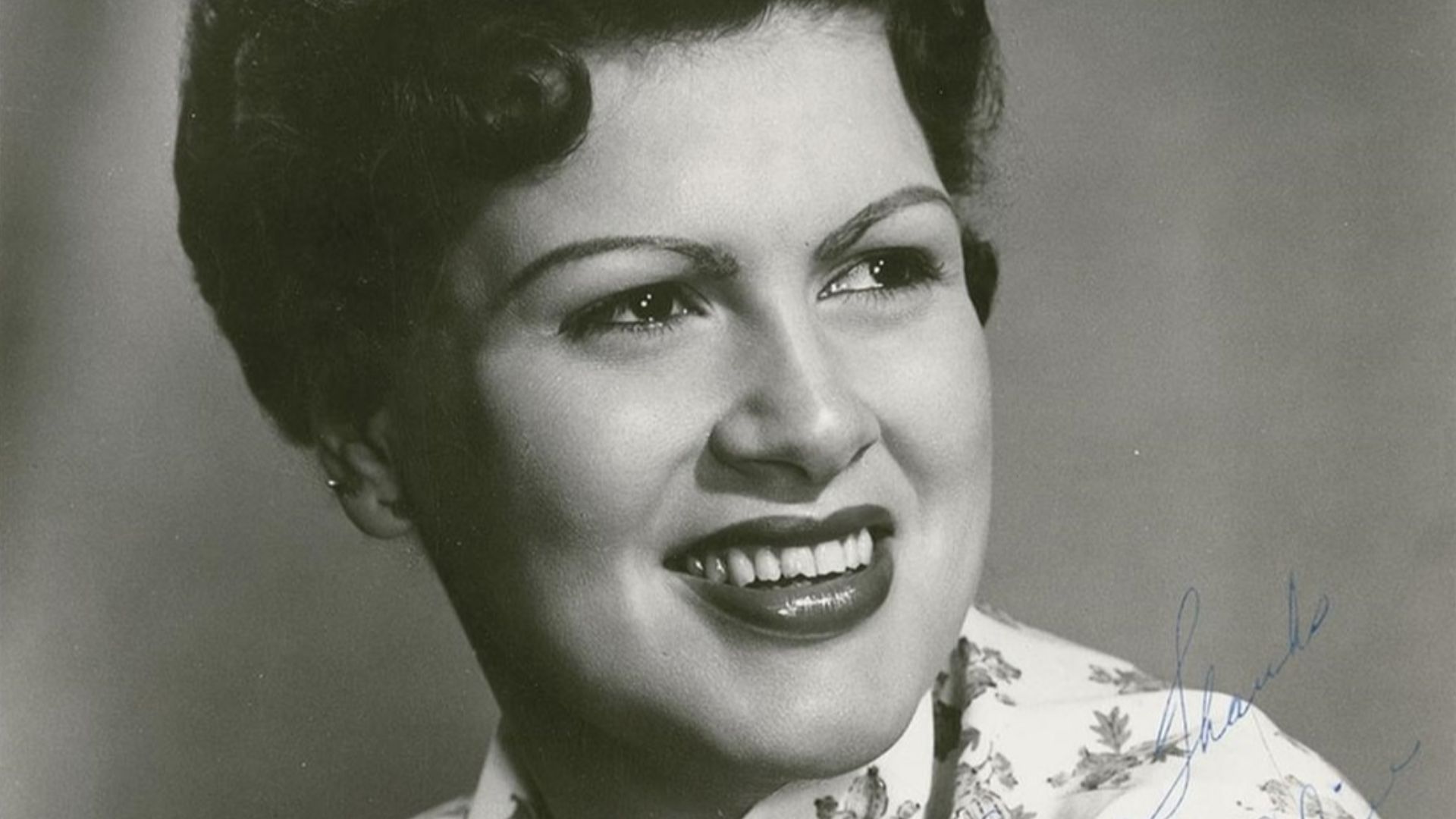 Decca Records, Wikimedia Commons
Decca Records, Wikimedia Commons
Dolly Parton – “Jolene”
“Jolene” might be the most perfect country song ever written. Released in 1973, it hit No. 1 on the Country chart and has been covered by artists from Miley Cyrus to The White Stripes. With its hypnotic guitar and aching plea, Parton told an entire story in under three minutes. It’s the rare song that feels both personal and universal—a plea, a confession, and a masterpiece all at once.
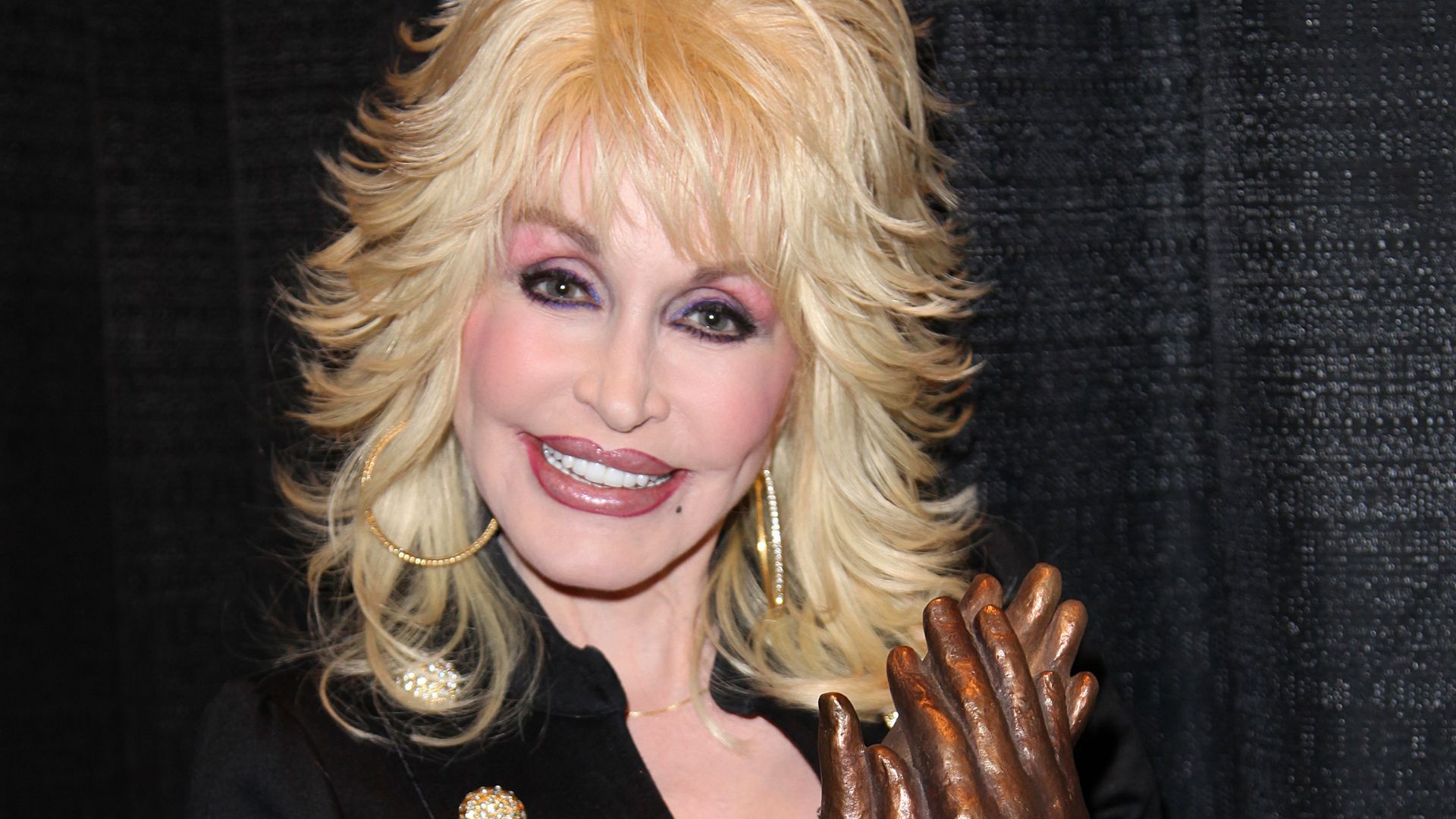 Curtis Hilbun, Wikimedia Commons
Curtis Hilbun, Wikimedia Commons
You May Also Like:
Groups That Had a Massive Impact On Country Music
Outlaw Country Legends Who Would Eat Today's "Stars" For Breakfast
Covers Of Classic Country Songs That Are Better Than The Original
Sources: 1

